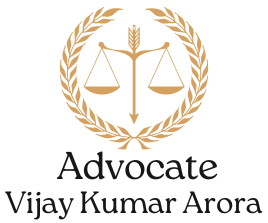Property disputes can arise unexpectedly and escalate quickly, leading to significant stress and financial strain for all parties involved. In this blog, we explore effective legal strategies for resolving property disputes, empowering individuals to seek peaceful solutions and protect their property rights.
Understanding Property Disputes: Property disputes encompass a wide range of issues, including boundary disputes, ownership disagreements and landlord-tenant conflicts. We delve into the common causes of property disputes and the legal implications associated with each scenario.
Navigating Legal Channels: When faced with a property dispute, seeking legal guidance is essential. We outline the various legal channels available for resolving property disputes, including negotiation, mediation, arbitration and litigation. Each method is explained in detail, providing insights into the advantages and disadvantages of each approach.
The Role of a Property Dispute Lawyer: A property dispute lawyer plays a crucial role in advocating for clients' rights and interests. We discuss the responsibilities of a property dispute lawyer, including conducting legal research, gathering evidence and representing clients in court proceedings. Additionally, we highlight the importance of selecting a skilled and experienced lawyer to handle property dispute cases effectively.
Alternative Dispute Resolution Methods: Alternative dispute resolution (ADR) methods, such as mediation and arbitration, offer parties the opportunity to resolve their differences outside of the courtroom. We explore the benefits of ADR, including cost-effectiveness, confidentiality and the preservation of relationships. Additionally, we provide practical tips for maximizing the effectiveness of ADR in property dispute resolution.
Case Studies: Real-life case studies illustrate successful property dispute resolutions achieved through legal intervention. Each case study highlights the challenges faced by the parties involved and the strategies employed to reach a satisfactory outcome. By examining these examples, readers gain valuable insights into the complexities of property dispute resolution and the importance of seeking legal assistance.
Resolving property disputes requires a strategic and proactive approach, guided by experienced legal counsel. By understanding the legal channels available, the role of a property dispute lawyer andthe benefits of alternative dispute resolution methods, individuals can navigate property disputes with confidence and seek peaceful solutions that protect their rights and interests.

.jpg)